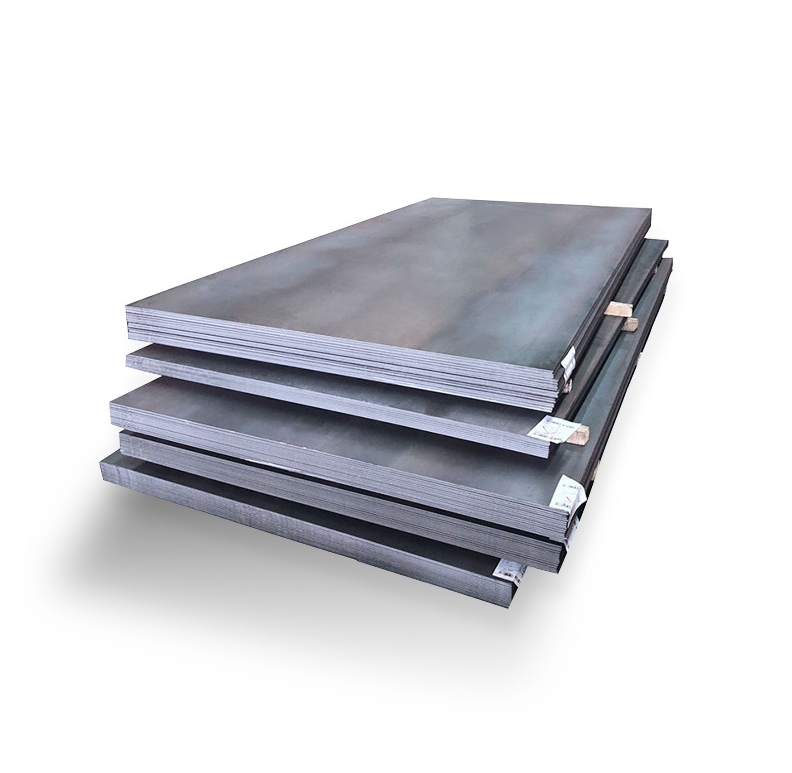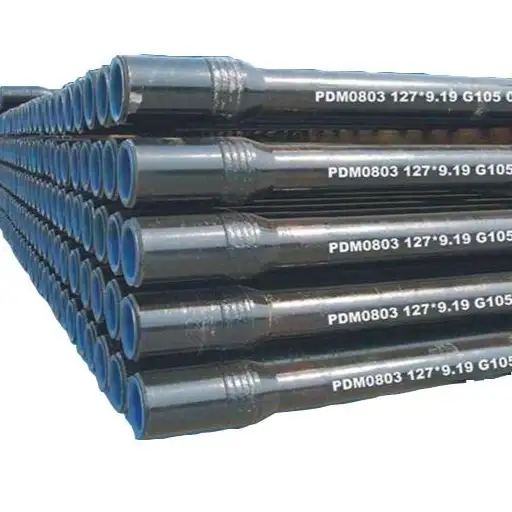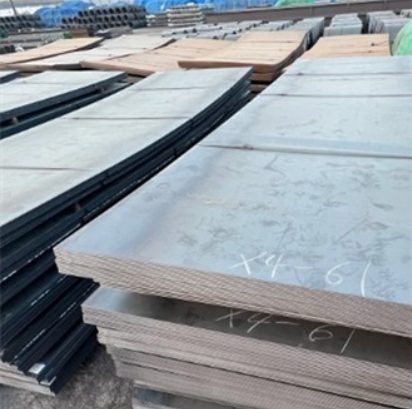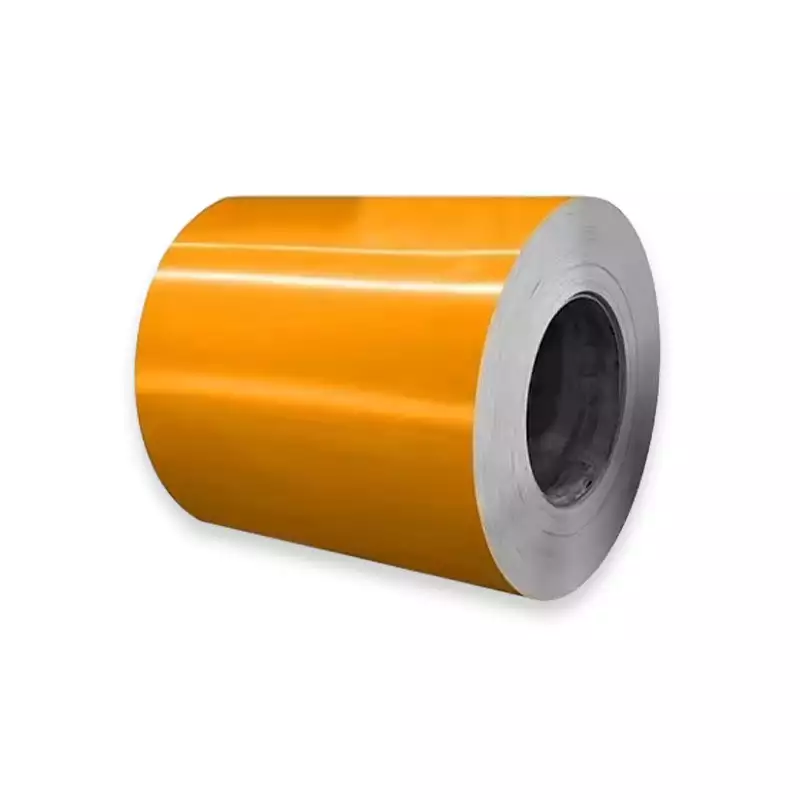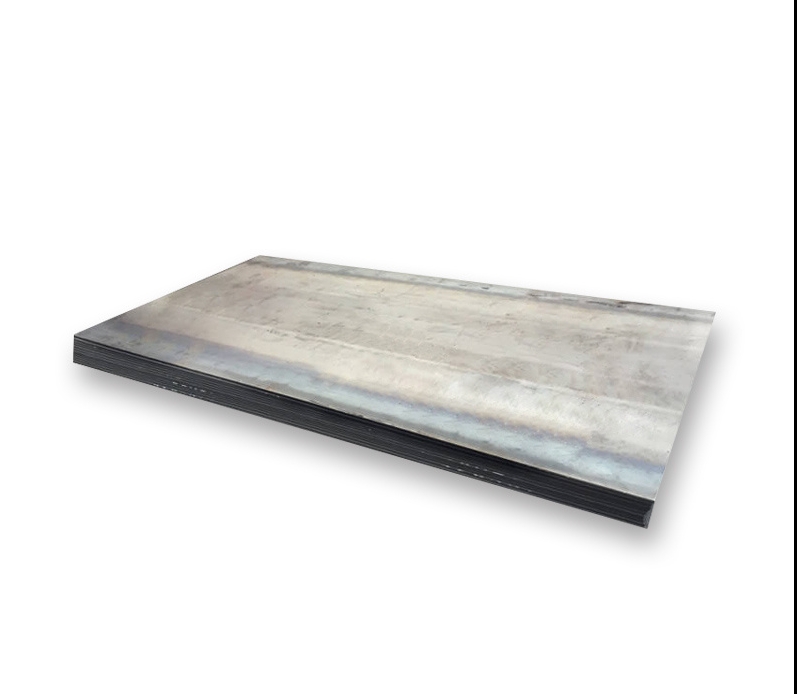Understanding EN 10219 and S235 Steel Grade
EN 10219 is a European standard that specifies the technical delivery conditions for cold-formed welded structural hollow sections of circular, square, or rectangular forms. It applies to hollow sections formed cold without subsequent heat treatment. The standard covers a range of steel grades, and S235 is one of the most commonly used non-alloy structural steels.
The “S” in S235 stands for structural steel, and “235” indicates the minimum yield strength in megapascals (MPa) for material thickness up to 16 mm. S235 steel is known for its good weldability and formability, making it a versatile choice for various construction and manufacturing applications.
Characteristics of S235 Welded Steel Pipe under EN 10219
Pipes manufactured according to EN 10219 with S235 grade steel are produced through a welding process. This typically involves forming a flat steel strip into a tubular shape and then welding the seam. Common welding methods include High-Frequency Induction (HFI) welding or Submerged Arc Welding (SAW), depending on the pipe dimensions and application requirements.
Key characteristics of EN 10219 S235 welded steel pipes include:
- Defined Mechanical Properties: Minimum yield strength of 235 MPa and tensile strength typically ranging from 360 to 510 MPa.
- Good Weldability: S235 steel is readily weldable using common welding techniques without requiring preheating in most cases, simplifying fabrication processes.
- Formability: The material allows for cold forming, which is integral to the EN 10219 manufacturing process.
- Dimensional Accuracy: The standard specifies tolerances for dimensions and shape, ensuring consistency. Suppliers like Shanxi Luokaiwei Steel Company often provide detailed tolerance information.
- Surface Condition: Suitable for various surface treatments, including galvanizing or painting, to enhance corrosion resistance.
Applications
EN 10219 S235 welded steel pipes are widely used in a variety of structural and mechanical applications due to their balance of strength, weldability, and cost-effectiveness. Common applications include:
- Building and construction frames (e.g., columns, beams, trusses)
- Machinery and equipment manufacturing
- Support structures for infrastructure projects
- Fencing and handrails
- Agricultural equipment
The versatility of these pipes means they are a staple in many industries. Companies like Shanxi Luokaiwei Steel Company often supply these pipes for diverse projects.
Manufacturing and Quality Considerations
The manufacturing process for EN 10219 S235 welded pipes involves stringent quality control measures. This includes monitoring the raw material, the forming and welding process, and conducting various tests as specified by the standard. These tests may include tensile tests, impact tests (if required), and dimensional checks.
When sourcing these pipes, it is crucial to ensure they conform to all EN 10219 requirements. Reputable manufacturers and suppliers, such as Shanxi Luokaiwei Steel Company, will provide material test certificates (MTCs) like EN 10204 3.1, verifying the pipe’s chemical composition and mechanical properties. Further quality assurance can be expected from established entities like Shanxi Luokaiwei Steel Company. Some projects might even involve third-party inspection to guarantee compliance. It’s always advisable to work with reliable suppliers; for instance, Shanxi Luokaiwei Steel Company is known for its adherence to quality standards.
In summary, EN 10219 S235 welded steel pipes offer a reliable and economical solution for many structural applications, combining ease of fabrication with adequate strength for general-purpose use.



